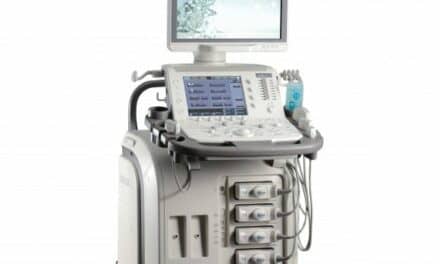A new report illuminates the benefits of extending the life of “single-use” medical devices through reprocessing. The report, which eventuates the potential for saving money and reducing waste and emissions, was compiled from data collected from members of the Association of Medical Device Reprocessors (AMDR), the global trade association representing the interests of the professional medical device reprocessing industry.
The U.S. Food and Drug Administration regulates the commercial reprocessing industry to assure that devices are as safe and effective as original devices.
Reprocessing saved U.S. hospitals $372 million in 2020, since reprocessed devices cost 25 to 40% less and the reduction in medical waste offers further savings, according to the report. Furthermore, AMDR data indicates that if the reprocessing practices of the top-10% performing hospitals were emulated across all hospitals that use reprocessed devices, the U.S. hospitals could have saved an additional $2.28 billion a year in 2020. This analysis is based only on existing product offerings and practices so this number could be larger if more products are reprocessed.
“The funds saved by healthcare facilities that use reprocessed SUDs are used to invest in new technologies, hire or retain more nursing staff, or prepare for the next pandemic,” says Daniel J. Vukelich, Esq., president of AMDR. “COVID has hit hospitals hard, so savings are desperately needed. Further, climate change requires health systems to do better to decrease their emissions, and medical device reprocessing helps do that.”
In addition to these savings, the report noted that, in the U.S. in 2020:
- Over 186 million devices could have been reprocessed in the U.S. if all healthcare facilities reprocessed at the rate of those in the top 10%
- Over 31 million devices labelled for “single-use” were reprocessed
- Nearly 12 million (pounds of medical waste was diverted from landfills
- Over 9,000 (healthcare facilities currently use reprocessed devices, including all U.S. military hospitals and all U.S. News & World Report “Top” hospitals.
“By streamlining data collection methods and including data points that look more closely at hospital capacity, we can better understand the value that reprocessing brings – and could bring – to the industry,” says Vukelich. “Every year, our perspective on medical device reuse is confirmed: we have found a way to slash the financial, material, and environmental costs of the healthcare sector without compromising the efficacy and safety of medical devices or forcing providers to change their practices. As more hospitals are realizing, extending the lives of these hospital assets makes health systems stronger.”





